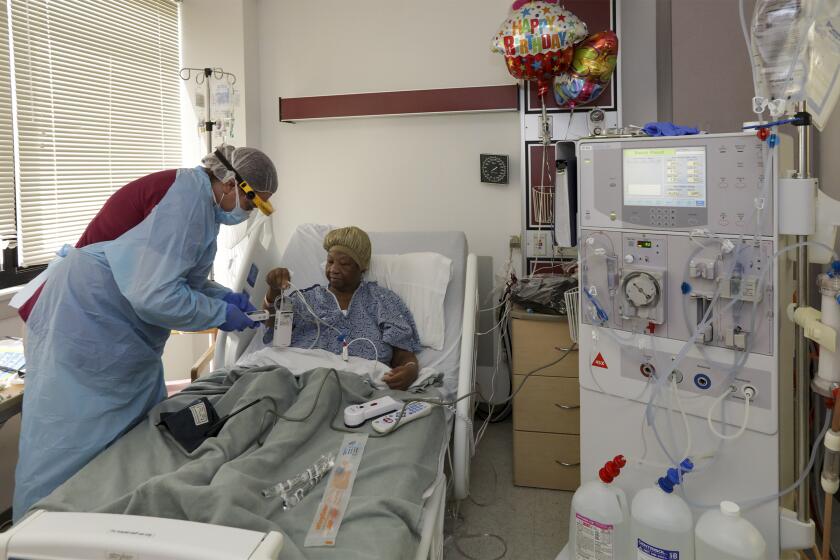Merck agrees to let other drug companies make its COVID-19 pill

Pharmaceutical company Merck has agreed to allow other drugmakers worldwide to produce its COVID-19 pill in a move aimed at helping millions of people in poorer countries get access to the potentially lifesaving drug.
The Medicines Patent Pool, a United Nations-backed public health organization, said in a statement Wednesday that it had signed a voluntary licensing agreement for the drug, called molnupiravir, with Merck and its partner, Ridgeback Biotherapeutics.
The agreement will allow the Medicines Patent Pool to grant further licenses to qualified companies that are approved to make the drug. Neither drugmaker will receive royalties under the agreement for as long as the World Health Organization deems COVID-19 to be global emergency. Molnupiravir is the first pill that has been shown to treat the disease.
Charles Gore, the executive director of the Medicines Patent Pool, said early trial results for molnupiravir were “compelling” and that he hoped this first voluntary licensing agreement for a COVID-19 treatment would lead to others.
Despite repeated requests from governments and health officials, none of the makers of COVID-19 vaccines has agreed to a similar deal. A hub set up by the WHO in South Africa intended to share messenger RNA vaccine recipes and technologies has not enticed a single pharmaceutical firm to join.
Merck has requested that its pill be licensed by both the U.S. Food and Drug Administration and the European Medicines Agency, decisions that could come within weeks.
It may seem like biotech companies are focused solely on developing vaccines for COVID-19, but some are hard at work on drugs that could treat those who become sick.
Merck reported this month that molnupiravir cut hospitalizations and deaths in half among patients with early symptoms of COVID-19. The results were so strong that the independent medical experts monitoring the trial recommended stopping it early and accelerate the approval process.
An antiviral pill that people could take at home to reduce their symptoms and speed recovery could prove groundbreaking, easing the crushing caseload on hospitals and helping to curb outbreaks in poorer countries with weak healthcare systems.
It would also bolster a two-pronged approach to the pandemic: prevention, primarily through vaccinations, and treatment, by way of medication.
The charity Doctors Without Borders welcomed the agreement that Merck struck to share its COVID-19 pill, but said it didn’t go far enough.
“The license excludes key upper-middle-income countries like Brazil and China from its territory, where there [is] strong, established capacity to produce and supply antiviral medicines,” said Yuanqiong Hu, a senior legal and policy advisor at Doctors Without Borders. Hu called the deal “disappointing.”







